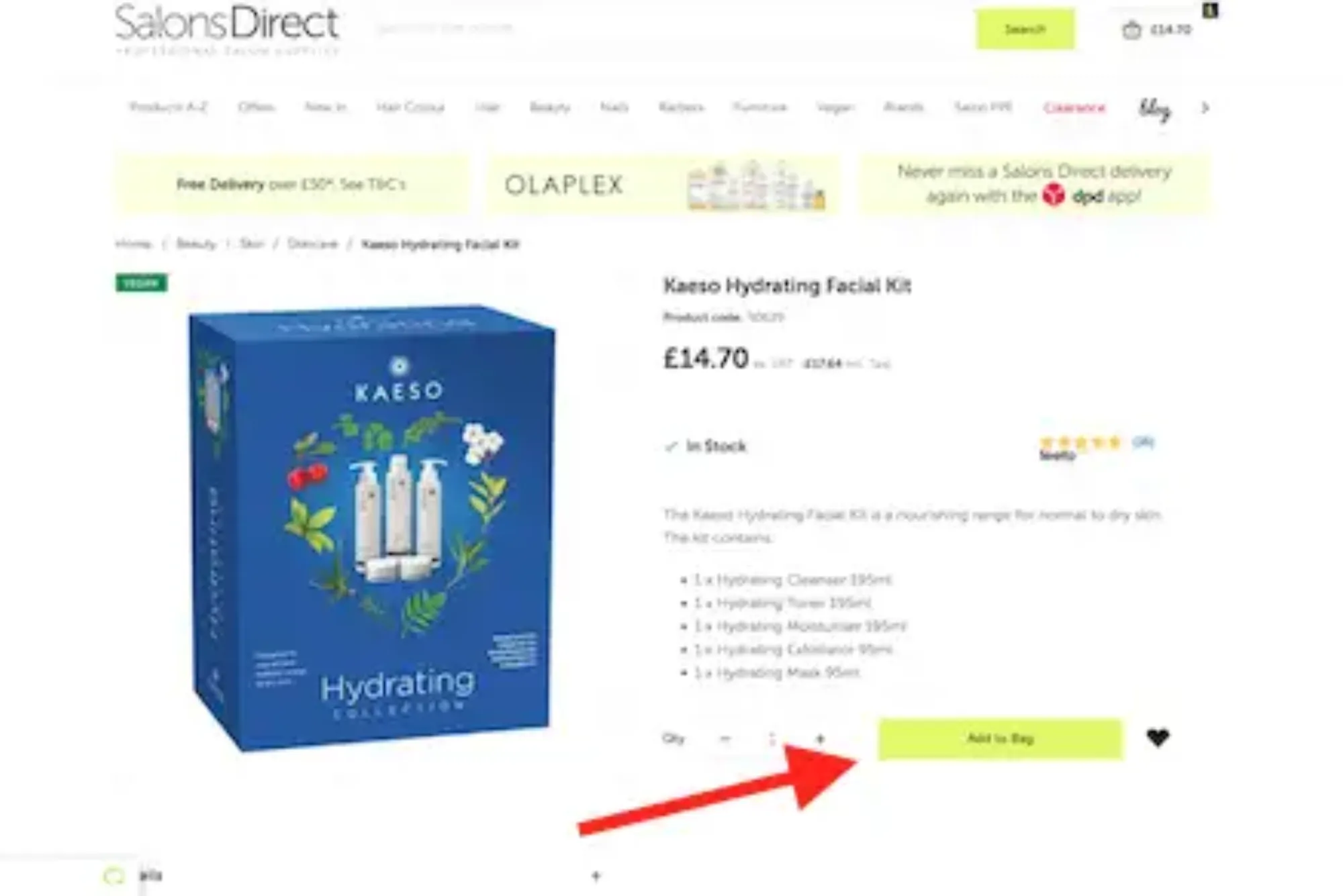Why Are Bonus Scavenger Hunts Used in Casinos
In today’s dynamic gambling landscape, casinos are constantly innovating to attract and retain players. One of the more creative marketing tools in recent years is the bonus scavenger hunt. Often used in both land-based and online casinos, these interactive events not only keep players engaged but also serve a multitude of strategic, psychological, and promotional purposes. But why are bonus scavenger hunts used in casinos, and what makes them such an effective tactic?
This in-depth guide explores the reasons behind this trend, diving into casino strategies, the mathematics of gambling, bankroll management, game choice, promotional offers, responsible gambling, and even legal concerns. Whether you’re a seasoned gambler or someone curious about how the industry works, this article provides valuable insights.
The Psychology Behind Bonus Scavenger Hunts
Engagement Through Gamification
At their core, bonus scavenger hunts tap into basic human instincts—curiosity, competition, and reward-seeking behavior. By adding an element of mystery and achievement, casinos transform routine gameplay into an interactive experience. Players are no longer just spinning reels or playing hands—they’re participating in a journey.
This kind of gamification deepens engagement. It mirrors mobile gaming experiences that people already enjoy, creating emotional investment. As players progress through a scavenger hunt, they feel a sense of accomplishment, which reinforces continued play.
Building Customer Loyalty
Why are bonus scavenger hunts used in casinos beyond entertainment? They are exceptional tools for customer retention. A well-structured hunt spans multiple days or game types, encouraging players to return frequently. These repeated visits increase the casino’s revenue and solidify brand loyalty.
The allure of limited-time rewards or exclusive bonuses makes players feel special and involved. Instead of passively receiving a bonus, they actively earn it, making the reward more psychologically satisfying.
Strategic Advantage for Casinos
Improving House Edge Through Game Selection
Casinos structure scavenger hunts to drive traffic toward specific games, often ones with a higher house edge. For instance, one clue might lead to a particular slot machine or a lesser-played table game. This strategy nudges players into games they might not usually try, expanding revenue opportunities for the house.
In some cases, hunts are used to highlight new games or underperforming segments of the casino, guiding traffic without the need for pushy marketing.
Controlled Reward Distribution
From a financial perspective, bonus scavenger hunts allow casinos to offer appealing rewards without jeopardizing profitability. The hunt’s structure can set thresholds—minimum bets, game types, or time spent playing—before a bonus is unlocked.
This means casinos retain control over how much value is given away, ensuring that promotional spending aligns with projected return on investment.
Understanding Odds and Probabilities in Scavenger Hunts
While scavenger hunts are marketed as fun activities, the underlying design is often rooted in mathematical probabilities. Each clue or stage may be linked to a game with specific odds. This isn’t just for game integrity—it allows the casino to predict how many players are likely to reach each reward tier.
This predictability enables efficient bankroll allocation on the casino’s end while giving players the illusion of randomness and discovery. However, the odds are carefully calculated to balance excitement with profitability.
Bonus Offers: Why They Work Best When Earned
Most players are familiar with conventional casino bonuses—match bonuses, free spins, or cashback. But why are bonus scavenger hunts used in casinos instead of just offering standard rewards?
The answer lies in perceived value. A bonus that’s earned through gameplay, time investment, or problem-solving feels more significant than one simply handed out. This psychological element means players are more likely to continue engaging with the casino afterward.
Moreover, scavenger hunts often bundle various bonus types. A player may receive a match bonus in the first stage, free spins in the second, and a jackpot entry in the final. This layered approach increases the overall perceived value of the promotion.
Bankroll Management and Scavenger Hunts
From the player’s perspective, scavenger hunts can assist in better bankroll management—ironically, even though they are promotional tools. Since hunts usually extend over multiple sessions, players are encouraged to pace themselves. This naturally discourages impulsive gambling and promotes more sustainable play habits.
However, this depends on how the hunt is structured. Ethical casinos will create challenges that align with responsible play, whereas aggressive operators might pressure users to deposit more rapidly to complete stages.
Responsible Gambling in the Scavenger Hunt Model
One key consideration is the balance between engagement and compulsion. The question arises again—why are bonus scavenger hunts used in casinos if they might encourage excessive play?
Responsible operators implement safeguards. These include deposit limits, time reminders, and self-exclusion options. They also offer low-stakes hunt versions so players can participate without risking significant money.
Casinos that ignore these practices may face regulatory consequences. The inclusion of responsible gambling messages during hunts helps promote safe play and build public trust.
Legal and Ethical Considerations
Regional Regulations and Licensing
The legality of bonus scavenger hunts depends largely on regional regulations. In heavily regulated markets, such as the UK, all promotional activities must be transparent, fair, and clearly outlined in the terms and conditions. Any “chance-based” aspect must be clearly disclosed, and rewards cannot mislead players regarding their real value.
In contrast, casinos not on GamStop often operate in more flexible jurisdictions. These platforms, accessible via can offer scavenger hunts with fewer restrictions. That said, players should be cautious. While a casino not on GamStop may offer larger or more frequent bonuses, they might lack the strict player protections found in regulated environments.
Understanding where a casino is licensed, how it structures its promotional events, and whether it aligns with ethical gambling principles is vital before participating.
The Role of Game Variety in Scavenger Hunts
Another reason bonus scavenger hunts are so effective lies in the variety they promote. To complete a hunt, players often need to engage with different types of games—slots, table games, or even live dealer rooms.
This diversity introduces players to parts of the casino they might never explore otherwise. For example, a poker enthusiast might discover a new favorite slot machine or try live blackjack for the first time. This cross-promotion boosts overall site engagement and broadens a player’s gambling habits in a manageable way.
Why Bonus Scavenger Hunts Are Here to Stay
So, why are bonus scavenger hunts used in casinos? Because they offer a win-win scenario. Casinos benefit from increased traffic, broader game exposure, and improved player retention. Players enjoy the thrill of discovery, the challenge of progression, and the satisfaction of earned rewards.
When executed responsibly and within a legally compliant framework, bonus scavenger hunts offer a refreshing take on casino promotions. They combine entertainment, strategic thinking, and real rewards, making them a staple of modern gambling environments.
As players become more discerning, creative incentives like scavenger hunts will only grow in importance. Whether you’re playing at a high-profile licensed platform or a casino not on GamStop, these interactive experiences add value to your gameplay—as long as they’re approached with a sound strategy and a firm grasp of responsible gambling principles.









